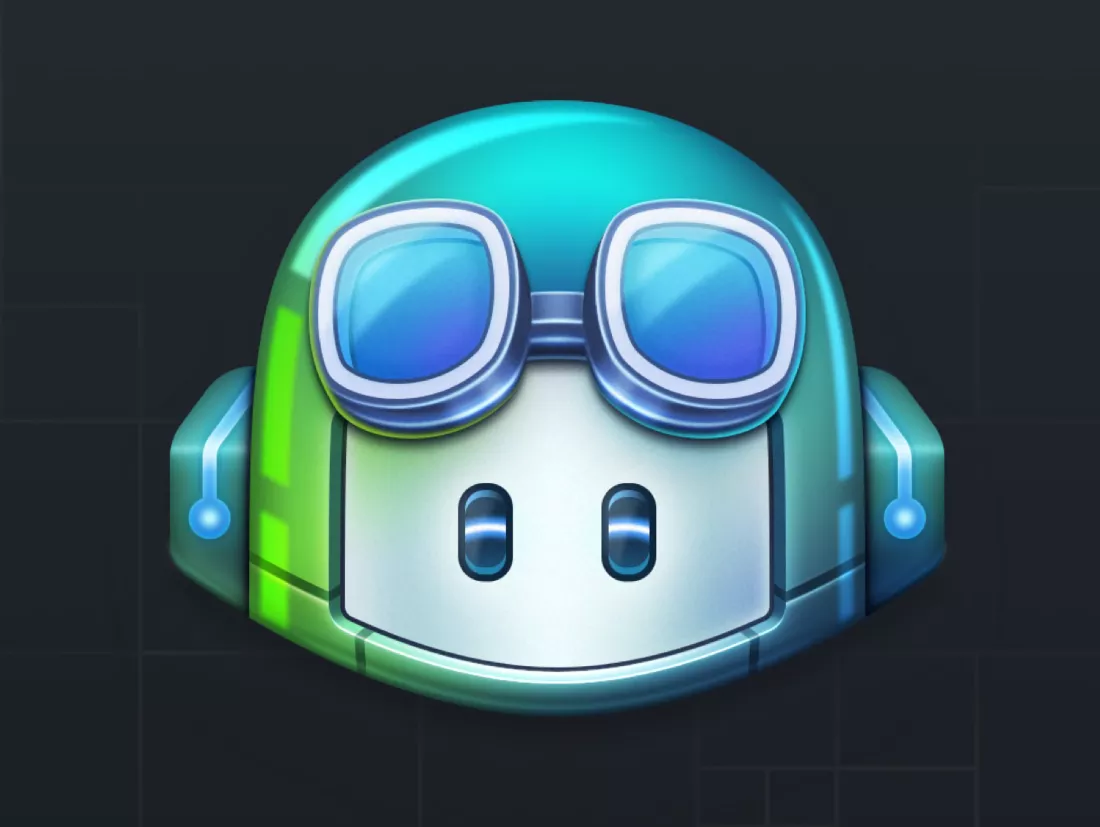A hot potato: The first class-action lawsuit against a machine learning algorithm has been filed in San Francisco federal court. Proponents are calling for millions of GitHub users to reaffirm their rights against Copilot, an AI that suggests new code by violating open-source licenses and several other copyright infringement laws.
Litigators have filed a class-action lawsuit against the AI system behind GitHub Copilot, a feature designed by Microsoft and OpenAI to help programmers write better code faster. According to the lawyers, Copilot is trampling on the rights of “possibly millions” of GitHub subscribers, (ab)using countless lines of codes with no proper permission and against the rules of many open-source licenses.
Copilot is a machine learning algorithm developed by OpenAI – the same company behind the image generating system known as DALL-E – to suggest code and even entire functions in real-time, right from the code editor or the user’s preferred IDE. GitHub Copilot has been trained “on billions of lines of code,” and is seemingly capable of turning natural language prompts into coding suggestions across dozens of different languages.
The Copilot algorithm has been a success thus far, with nearly 30 percent of new code hosted on GitHub written with the AI assistance. Behind Copilot’s public approval is what lawyers describe as the systematic violation of the “legal rights of a vast number of creators who posted code or other work under certain open-source licenses on GitHub.”
The class-action lawsuit says that a set of 11 popular open-source licenses (MIT, GPL, Apache etc.) require attribution of the author’s name and copyright, and Copilot has never done any of that. Beyond proper authorship attribution, the suit states, GitHub’s AI has violated the service’s own terms of service and privacy policies, DMCA § 1202 (which forbids the removal of copyright management information), the California Consumer Privacy Act, and “other laws giving rise to related legal claims.”
The class-action proponents are introducing their lawsuit as a first step in a long journey, in what should be the first attempt to legally challenge the training and output of AI systems in the US. And it will not be the last, the lawyers say, because “AI systems are not exempt from the law” and the creators of these technologies must remain accountable.
“If companies like Microsoft, GitHub, and OpenAI choose to disregard the law,” the class-action continues, “they should not expect that we the public will sit still.” AI needs to be fair and ethical for everyone, otherwise it will just become “another way for the privileged few to profit from the work of the many.”

